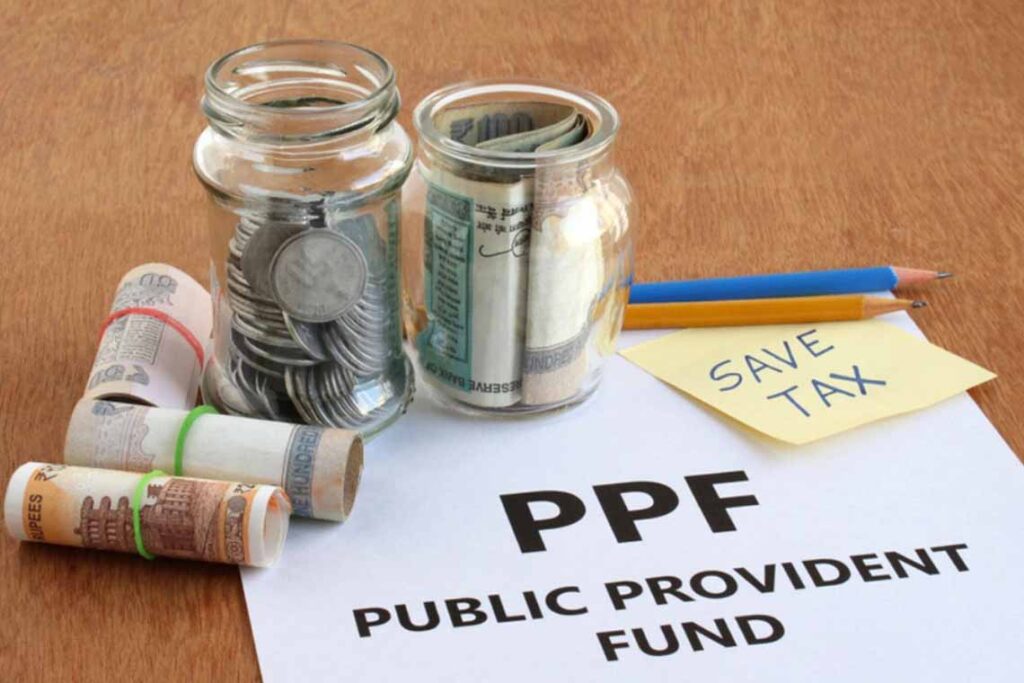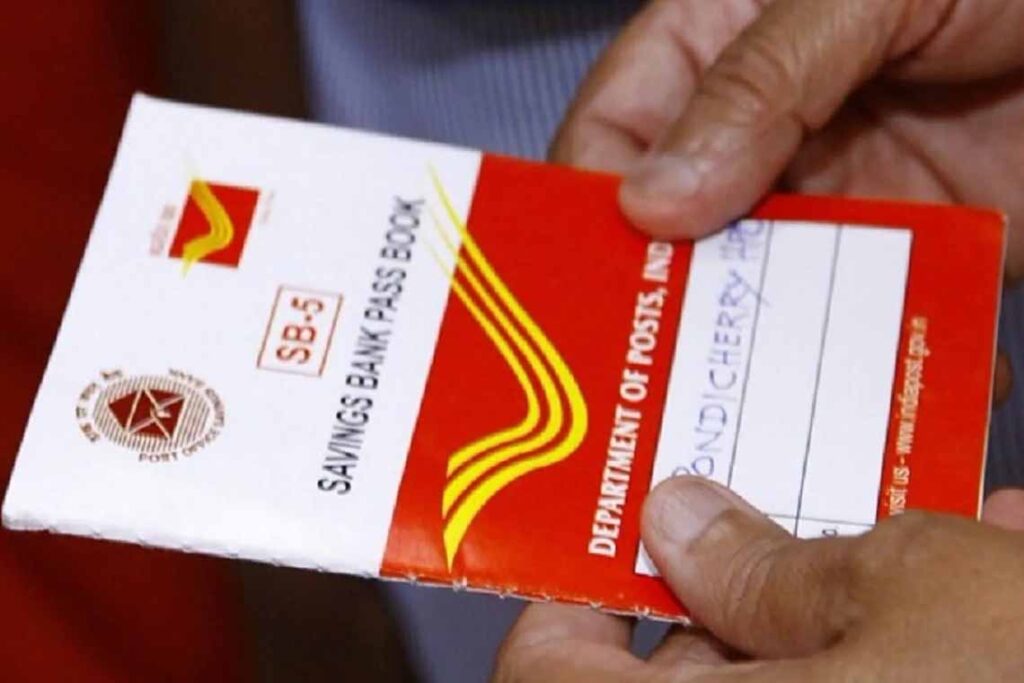When it comes to dealing with various processes and procedures, understanding the time limits, forms, and fees involved is crucial. Whether you’re applying for a visa, filing a legal case, or submitting an application, having a clear understanding of these factors can save you time, money, and unnecessary stress.
1. Appeal to Commissioner (Appeals)
|
| Time limit: |
Within 30 days of the assessment order or appealable order served upon the assessee |
|
| Form No.: |
Form 35 for Income-tax & Form No. E for Wealth-tax |
|
| Fee:
|
The memorandum of appeal shall be accompanied by a fee as under: |
|
| (a) Where assessed income is upto Rs. 1,00,000 |
Rs. 250 |
| (b) Where assessed income exceeds Rs. 1,00,000 but does not exceed Rs. 2,00,000 |
Rs. 500 |
| (c) Where assessed income exceeds Rs. 2,00,000 |
Rs. 1,000 |
| (d) Matter which does not have nexus with the returned income |
Rs. 250 |
| (e) Appeals under other direct taxes |
Rs. 250 |
|
|
2. Appeal to Appellate Tribunal
|
| Time limit for filing appeal: |
Within 60 days of the appealable order served upon the assessee/CIT |
|
| For filing Memorandum of Cross objection: |
Within 30 days of the receipt of the intimation that the appeal has been filed |
|
| Form No. For filing appeal: |
Form 36 for Income-tax & Form No. F for Wealth-tax |
|
| Form No. For filing Memorandum of Cross objection: |
Form 36A for Income-tax & Form No. G for Wealth-tax |
|
| Fee for filing appeals:
|
(a) where the total income of the assessee as computed appeals by the Assessing Officer is one lakh or less |
Rs. 500 |
| (b) where the total income of the assessee as computed by the Assessing Officer is more than one lakh but does not exceed Rs. 2,00,000 |
Rs. 1,500 |
| (c) where it exceeds Rs. 2,00,000 |
1% of the assessed income (subject to a maximum of Rs. 10,000) |
| (d) Where the subject matter of the appeal relates to any matter other than specified in clauses (a), (b) and (c) above |
500 |
| (e) Appeals under other direct taxes |
1,000 |
| (f) Miscellaneous applications u/s 254(2) |
50 |
| (g) Stay petitions |
500 |
3. Appeal to High Court
|
| Time limit: |
120 days from the day on which the order appealed against is received by the assessee or CIT. |
|
| Fee: |
As per the provisions of Code of Civil Procedure, 1908 |
|
| |
|
|
| |
|
|
Timelines for Filing Appeal to High Court
| SI.No. |
Stages |
No. of days |
Total Time |
| 1 |
Receipt of ITAT order in the office of CIT |
0 day |
0 day |
| 2 |
Entry in relevant register in the office of CIT & linking with old appeal folder of the case from where appeal to ITAT was authorised |
1 day |
1 day |
| 3 |
Sending the order to Assessing Officer for necessary action along with a copy to Range head |
2 days |
3 days |
| 4 |
Submission of scrutiny report in prescribed proforma by Assessing Officer to Range head after giving appeal effect*. |
30 days |
33 days |
| 5 |
Submission of scrutiny Report by Range head to CIT |
15 days |
48 days |
| 6 |
Decision making by the CIT including consultation with the Standing counsel, if needed & submission to CCIT |
20 days |
68 days |
| 7 |
Decision of the CCIT on recommendations of CIT |
7 days |
75 days |
| 8 |
Sending appeal folder to the standing counsel for drafting appeal memo by CIT |
2 days |
77 days |
| 9 |
Drafting of Appeal memorandum by the counsel |
20 days |
97 days |
| 10 |
Obtaining Appeal Memorandum from Counsel, Vetting, preparation of sets with annexures in the o/o CIT and sending to the standing counsel for filing |
l5days |
112 days |
| 11 |
Actual filing in the HC registry |
3 days |
115 days |
| 12 |
Intimation of Diary/ Lodging No to the 0/0 CIT/ CIT(J) / HC cell |
3 days |
118 days |












